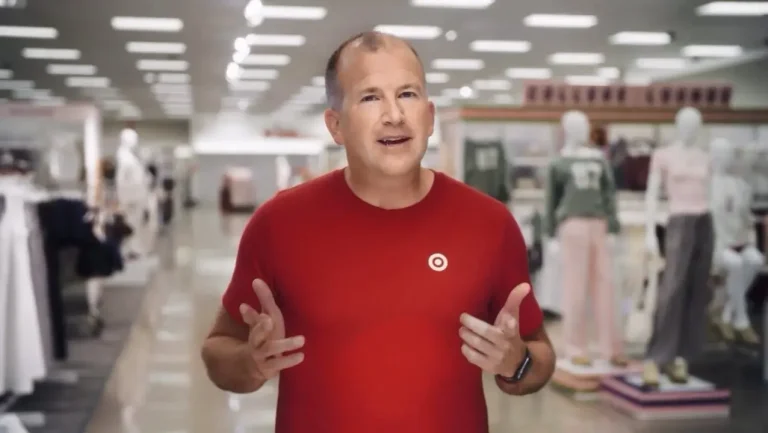What was the Investment Trend Milton Friedman Scorned?
The economist, who claimed a company’s only object is profits, didn’t see the surge in environmental, social and governance investing
Say what you will about Milton Friedman’s notable contributions to economics, his view of the role of corporations doesn’t stand the test of time.
And by “time” I mean less than a year. Even as the famed libertarian proclaimed in 1970 that the only social responsibility of business is to increase profits, the role of the corporation was already changing. Executives, shareholders and the public were beginning to scrutinize the impact of business on international affairs, the environment and social issues.
Those changes culminated in environmental, social and governance investing, which has soared in recent years, totaling $16.6 trillion—that’s trillion with a “t”—in 2020 in the U.S. alone, according to US SIF, a nonprofit that favors ESG.
The trend toward socially responsible investing was already well underway when the University of Chicago professor died in 2006. We can imagine his ghost, seeing his pronouncement unravel, roaming the Gothic halls of the university, rattling value-chain analyses and slamming shut economic models like so many open doors.
What’s going on?
So what was going on when the Nobel Prize winner offered his proclamation in a New York Times article? The Vietnam War and, specifically, protests against corporate weapons manufacturers, such as Dow Chemical, the company that brought us napalm.
In 1967, an Ohio woman wrote a Methodist minister in Washington asking about mutual funds that did not invest in weapons makers. In 1971, a year after Friedman’s article, the minister was part of a foursome that launched Pax World Funds, the first investment vehicle to base decisions on the social and environmental behavior of corporations.
Vietnam wasn’t the only burning issue of 1970, which included fights across the country over school desegregation, the first Earth Day and the Women’s Strike for Equality, the largest women’s rights demonstration since the suffrage movement.
Pax World wasn’t an overnight success, but it opened a fracture in the foundation of Friedman’s formulation. What followed was a decades-long shift in investment philosophy, bringing us to ESG, the biggest investment trend in years.
Who cares about ESG?
But a lot of things are important that nobody cares about. The national debt is important, but more people care about the rising price of Netflix. As it turns out, even more people care about ESG than Netflix, hard as that is to believe.
A 2019 survey by Fortune magazine found that 72% of Americans say companies should be “mission driven” as well as focused on shareholders and customers.
Millennials are using their pocketbooks to support ESG, if only they carried pocketbooks or knew what they were. Eighty percent of millennials say they would pay more for products that make social responsibility claims, compared to 48% of baby boomers, those vaunted rebels of an earlier era.
Employees care
“A strong ESG proposition can help companies attract and retain quality employees, enhance employee motivation by instilling a sense of purpose, and increase productivity overall,” according to a 2019 report in the McKinsey Quarterly, which is as enthusiastic as highly paid management consultants get about anything.
Millennials, who are as diffident as cats and just as hard to herd, are again a key.
Of those born between 1981 and 1996, 40 percent say they chose a job because the company performed better on sustainability than the alternative, compared to just 17 percent of baby boomers, according to a recent survey of 1,000 current or former workers of companies with more than 5,000 employees.
That survey was commissioned by a blockchain-based, clean-energy platform. If that company isn’t run by a millennial, I’ll stop drinking craft beer.
The premise of all this fuss is that ESG and is perhaps our only chance to avoid a global disaster that Black Panther and Superman combined couldn’t prevent.
Whether that’s true or not, ESG ratings are multiplying faster than ratings for hospitals, and who do those really help? Meanwhile, companies are issuing a flood of puffy press releases patting themselves on the back. These releases are quite good for your reputation, if your brand is phoniness.
Healthy skepticism aside, ESG is here to stay and Friedman didn’t see it coming. Perhaps research would have changed his mind.
He also said in 1999 that the internet would be “one of the major forces for reducing the role of government.”
Mark Zuckerberg probably hasn’t given up on that prediction.
This story was originally published in Crain’s Chicago Business on Jan. 12, 2022.
Tom Corfman is a lawyer and senior consultant with Ragan Consulting Group where he leads the ESG communications practice.
Contact our client team to learn more about how we can help you with your communications. Follow RCG on LinkedIn and subscribe to our weekly newsletter here.







